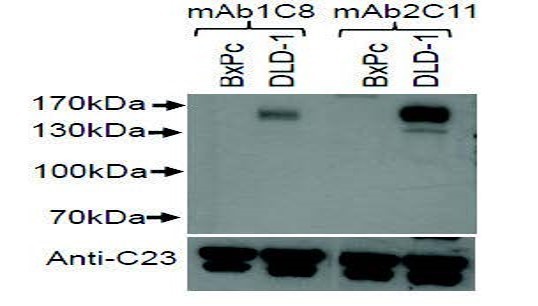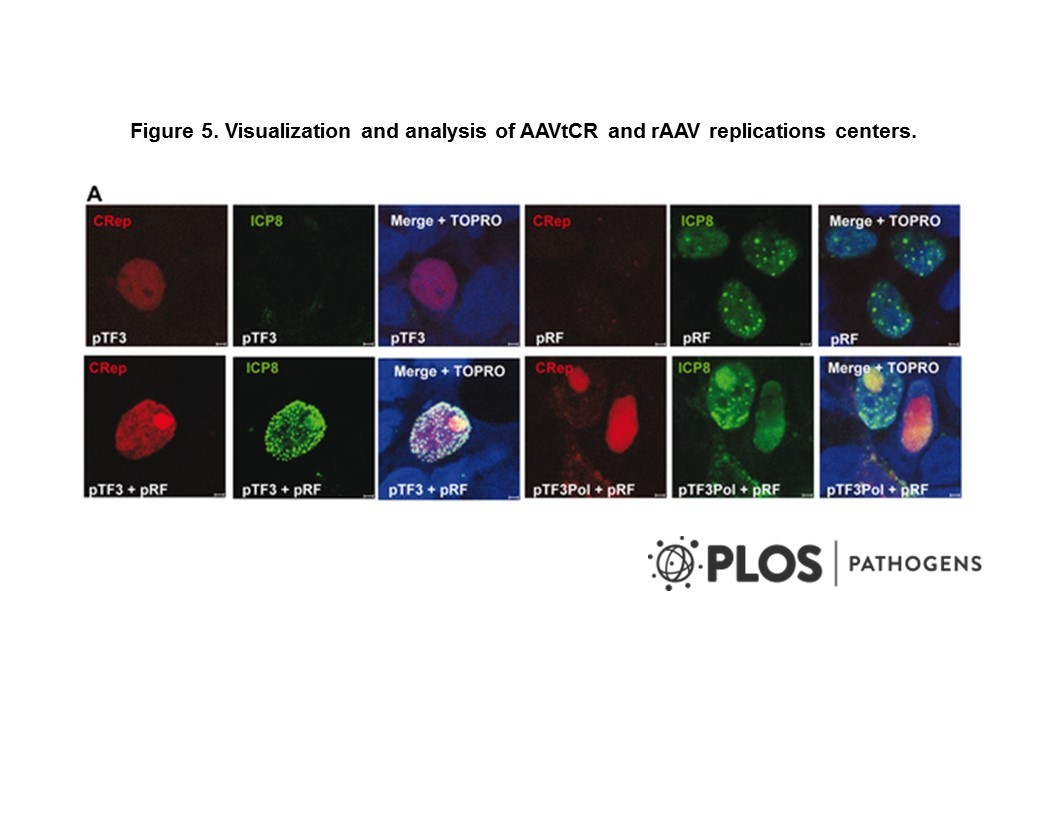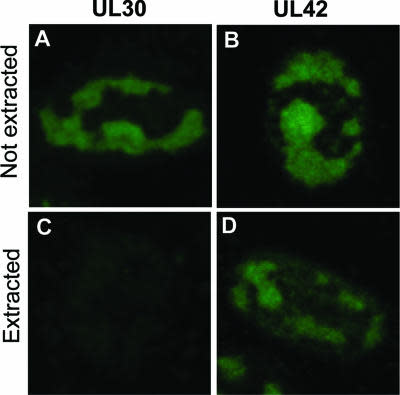Cat. #153478
Anti-C-kit (CD117) [1C8]
Cat. #: 153478
Sub-type: Primary antibody
Unit size: 100 ug
Availability: 10-12 weeks
Target: C-kit
Class: Monoclonal
Application: FACS ; WB
Reactivity: Human
Host: Mouse
£300.00
This fee is applicable only for non-profit organisations. If you are a for-profit organisation or a researcher working on commercially-sponsored academic research, you will need to contact our licensing team for a commercial use license.
Contributor
Institute: A*STAR Accelerate Technologies Pte Ltd
Tool Details
*FOR RESEARCH USE ONLY
- Name: Anti-C-kit (CD117) [1C8]
- Alternate name: C Kit antibody, c-Kit antibody, CD117 antibody
- Clone: 1C8
- Tool sub type: Primary antibody
- Class: Monoclonal
- Conjugation: Unconjugated
- Strain: Balb/c
- Reactivity: Human
- Host: Mouse
- Application: FACS ; WB
- Description: C-kit, also known as CD117, is expressed on the surface of hematopoietic stem cells. C-kit is a receptor tyrosine kinase that is overexpressed in > 70% of gastrointestinal stromal tumors (GISTs).
- Immunogen: GST-fusion protein containing 315-519 residues of human c-kit. c-kit. This region is in the extracellular domain of c-kit.
- Isotype: IgG1
- Myeloma used: Sp2/0-Ag14
Target Details
- Target: C-kit
- Target background: C-kit, also known as CD117, is expressed on the surface of hematopoietic stem cells. C-kit is a receptor tyrosine kinase that is overexpressed in > 70% of gastrointestinal stromal tumors (GISTs).
Applications
- Application: FACS ; WB
Handling
- Format: Liquid
- Concentration: 0.9-1.1 mg/ml
- Unit size: 100 ug
- Storage buffer: PBS with 0.02% azide
- Storage conditions: -15° C to -25° C
- Shipping conditions: Shipping at 4° C
References
- Bellone et al. 2001. Cancer Res. 61(5):2200-6. PMID: 11280787.
- Aberrant activation of c-kit protects colon carcinoma cells against apoptosis and enhances their invasive potential.






